Apple’s strategy for Vision Pro successors comes to light, and it doesn’t spark confidence

The Apple Vision Pro didn’t sell well and production was promptly slowed after it failed to meet expectations. But, unlike the Apple car, the company still believes that the Mixed Reality industry is ripe for the taking. However, the way Apple is going about approaching Mixed Reality may lead to further disappointing sales before the company can hit it big.
Renowned Apple analyst Ming-Chi Kuo shed some light on how the company was planning on moving forward with its XR (Extended Reality) product line. Previous rumors about a second Vision Pro in development were also corroborated by Kuo. This successor, likely named Vision Pro 2, will allegedly be powered by the M5 chip which will be unveiled later.
All signs point to this successor for Apple’s premium Mixed Reality headset being another very expensive piece of kit. If the price is lowered it’ll probably be done by removing the redundant sensors and other bits of tech slapped onto the current Vision Pro. As the former head of Oculus put it: Vision Pro is an over-engineered devkit, which is typical of first generation products.


Apple went all in to impress at the cost of a ludicrous price tag. | Video credit — Apple
Also read: Apple Vision Pro 2 release date expectations, price estimates and upgrades
Cheaper successor delayed
The problem with Apple’s strategy, in my opinion, is that a cheaper successor has reportedly been delayed all the way to 2027. This headset, possibly dubbed the Vision Air, will allegedly do away with the really fancy display and the exterior screen in addition to a few other bits and pieces to reduce the cost.
According to Kuo Apple is probably delaying this cheaper headset because it wants to lay the groundwork for use cases consumers will be interested in. But if Apple tries to do that with headsets barely anyone can afford it’ll never garner enough attention. Use cases for XR already exist: especially gaming. But Apple, in its desire to remain different, wants to make headsets that don’t have controllers and do not support existing VR games.
The Vision Pro was a compromise according to Bloomberg’s Apple insider Mark Gurman. Apple’s original vision (pun intended) was similar to the Meta Orion AR glasses but the company was limited by current technology.
If Apple truly wants its name alongside the best VR headsets of the decade it needs to take a page out of its rival’s book and make something like the Meta Quest 3S. Expensive headsets are not going to win over consumers: you need cheap headsets that show off the capabilities of VR. And Meta is already doing that.
The Vision Pro was a compromise according to Bloomberg’s Apple insider Mark Gurman. Apple’s original vision (pun intended) was similar to the Meta Orion AR glasses but the company was limited by current technology.
If Apple truly wants its name alongside the best VR headsets of the decade it needs to take a page out of its rival’s book and make something like the Meta Quest 3S. Expensive headsets are not going to win over consumers: you need cheap headsets that show off the capabilities of VR. And Meta is already doing that.
Follow us on Google News








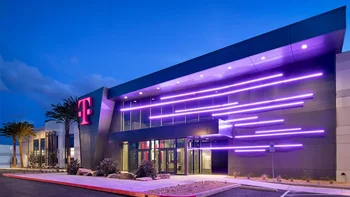
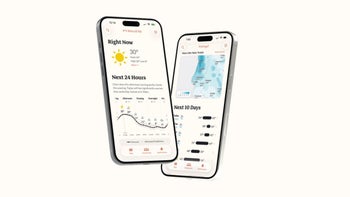
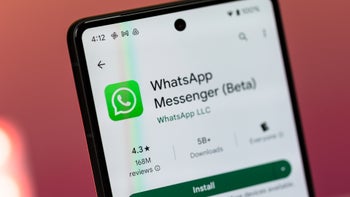
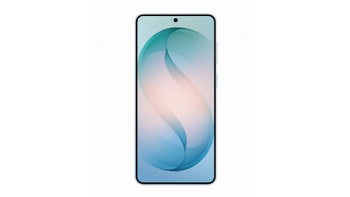

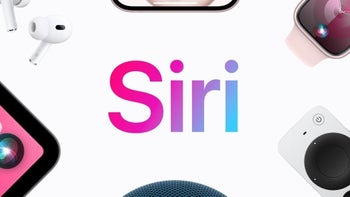
Things that are NOT allowed:
To help keep our community safe and free from spam, we apply temporary limits to newly created accounts: